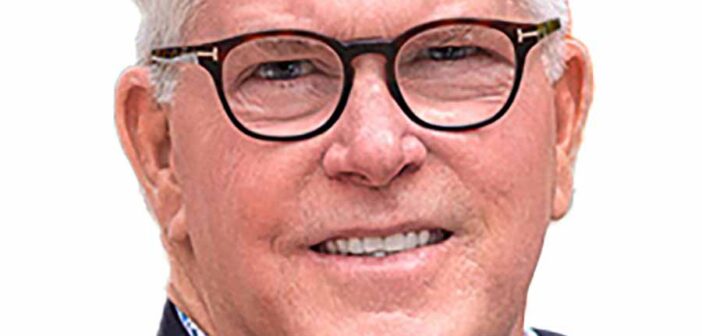
Lifting Dublin’s passenger cap will almost certainly increase US airline traffic, according to Don Welsh, CEO of Destinations International which staged the Global Leaders Forum in Dublin this week.
The first Destinations International event outside the US took place in Dublin last week, with over 100 tourism and aviation executives present.
Highlights of the three day event included an aviation panel moderated by Travel Extra editor Eoghan Corry and featuring Michael O’Leary CEO of Ryanair and Lynn Embleton CEO of Aer Lingus.
Welsh noted the need for Ireland to consider tourist taxes, referencing challenges faced by cities like Barcelona and Venice regarding their tourist populations.
Concerns about geopolitical tensions, particularly related to the US government and its allies, may negatively influence tourism decisions for families looking for safe travel destinations.
“I think Ireland is still on many people’s bucket list and I do think right now, people have a tendency to travel to places where they feel safe, welcome, where there is a common language and a great reputation.”
I think we set a precedent in Dublin last week and I do believe we’ll start making this an annual event. The US Embassy came over and did a really nice briefing on the relationship and the role they play in Ireland for the US and the great relationships there.”
“If somehow the current climate does not improve, I think people will make a decision that they feel is best for themselves and their families when they travel. Our hope is that somehow the business changes that Trump focused on, let’s face it, they are businesses that do not have an overarching effect on a long-term drop in people visiting to the United States.”

In a keynote, Greg Clark, advisor on city development told the conference: The headline is chaos. Public opinion in general around the world has turned right, has turned nationalistic, and is becoming increasingly isolationist, which is very concerning when you are in the travel and hospitality business
Technology, obviously, has been massively accelerated by the introduction of AI to the marketplace. This has also led to very fragmented discourse and increased polarization of people’s views about what’s happening in the world, making it very challenging to build consensus.
The good news is the global consuming class is still growing, and I will show you where that growth is occurring. This underscores the importance of destination marketing organizations and their partners. However, there are also a series of uncertainties. For instance, we have yet to hear whether we will have tariffs on tourism. That might seem like a silly way to frame it, but if you consider what President Trump has suggested—the idea of creating tariffs or isolation and having a kind of tariff war—this seems like a significant issue we need to address.
Much of the politics we’ve been discussing regarding polarization is well understood in my field as a sort of economic geography, highlighting the divide between those who feel left behind and those who do not. If you’re wondering why there has been an attack on issues like over tourism, part of the explanation lies in the political momentum occurring in areas where people who feel left behind believe that others are being included at their expense.
The carrying capacity of our destinations is crucial. F ocusing on destination development is essential. Destination leadership must cultivate a kind of agility. Here are a few ideas that will underpin our discussion: the importance of selecting your visitors, reviewing your license to operate, and understanding the underlying social contract that makes it possible for a destination to thrive.
Which destinations thrive in uncertain times? Perhaps it could be those places that find a sort of neutrality or insulation from these global threats.




